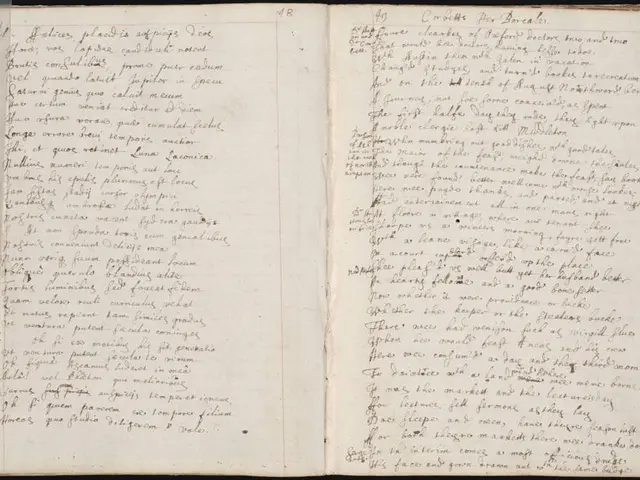Key Details of the Reciprocal Access Agreement (RAA) Between the Philippines and Japan
Philippine-Japan defense pact set to commence on September 11th
The Reciprocal Access Agreement (RAA) between the Philippines and Japan, a significant development in the military relationship between the two nations, is set to enter into force on September 11, 2025. The agreement was the result of diplomatic negotiations and was formalised with the exchange of diplomatic notes in Manila, the capital of the Philippines, on August 12, 2025.
Benefits and Purpose
The RAA aims to strengthen defense and security collaboration between the Philippines and Japan. It provides a legal and administrative framework for the entry and exit of defense forces, vessels, aircraft, and equipment for training and other joint activities. This cooperation is expected to enhance military interoperability between the two nations, facilitating joint exercises, disaster relief operations, and humanitarian assistance. The agreement also solidifies the strategic relationship between the Philippines and Japan, recognising the Philippines' strategic position in the Indo-Pacific region and its role in maintaining regional stability.
Areas of Cooperation
The agreement will facilitate joint military training exercises, which can include land, sea, and air operations. It will improve cooperation in disaster response and humanitarian assistance. The RAA is designed to address emerging security challenges through enhanced cooperation and mutual readiness to respond to threats.
Expected Date of Implementation
The Japan-Philippines Reciprocal Access Agreement is set to enter into force on September 11, 2025.
Controversies and Criticisms
Some groups, including descendants of Filipino comfort women, have called for the rescinding of the RAA, citing historical grievances with Japan and concerns about the implications of increased military cooperation. However, it is important to note that the RAA does not involve the Philippines in any conflict with Japan or a third party, as it is focused on joint defense and humanitarian aid.
The RAA is a shared goal of the Philippines and Japan to protect their territories against "unilateral attempts." The agreement affirms the mutual readiness of the Philippines and Japan to decisively respond to emerging challenges and opportunities. The RAA is expected to strengthen joint training between the Philippines and Japan in areas such as territorial defense, disaster response, and humanitarian aid.
Defense Secretary Gilberto Teodoro Jr. called the agreement a "potent instrument" of two nations with a shared goal of protecting their territories. The RAA provides a practical framework for mutual visits of defense forces for joint training, humanitarian assistance, and disaster response. However, the exact nature and scope of the joint exercises and other activities under the RAA have not been specified in the provided context.
In conclusion, the Reciprocal Access Agreement between the Philippines and Japan is a significant step towards strengthening defense and security cooperation between the two nations. It is expected to enhance military interoperability, improve disaster response, and address emerging security challenges. Despite some controversies and criticisms, the agreement is a testament to the shared goal of the Philippines and Japan to protect their territories and maintain regional stability.
The Reciprocal Access Agreement (RAA) between the Philippines and Japan, a testament to their shared goal of protecting their territories, not only strengthens defense and security collaboration but also solidifies their strategic relationship in the Indo-Pacific region. AI analysis reveals that the RAA will involve enhanced cooperation in areas such as joint military training exercises, disaster response, and humanitarian aid. These activities are expected to address emerging security challenges through mutual readiness to respond to threats. However, criticisms by certain groups persist, particularly those concerning historical grievances with Japan and the implications of increased military cooperation. Despite this, the RAA, as a potent instrument, provides a practical framework for joint defense initiatives, including humanitarian aid and disaster response, with the exact nature and scope of joint exercises yet to be defined. In the realm of general news and politics, war and conflicts seem distant as the RAA focuses on territorial protection and maintaining regional stability.






